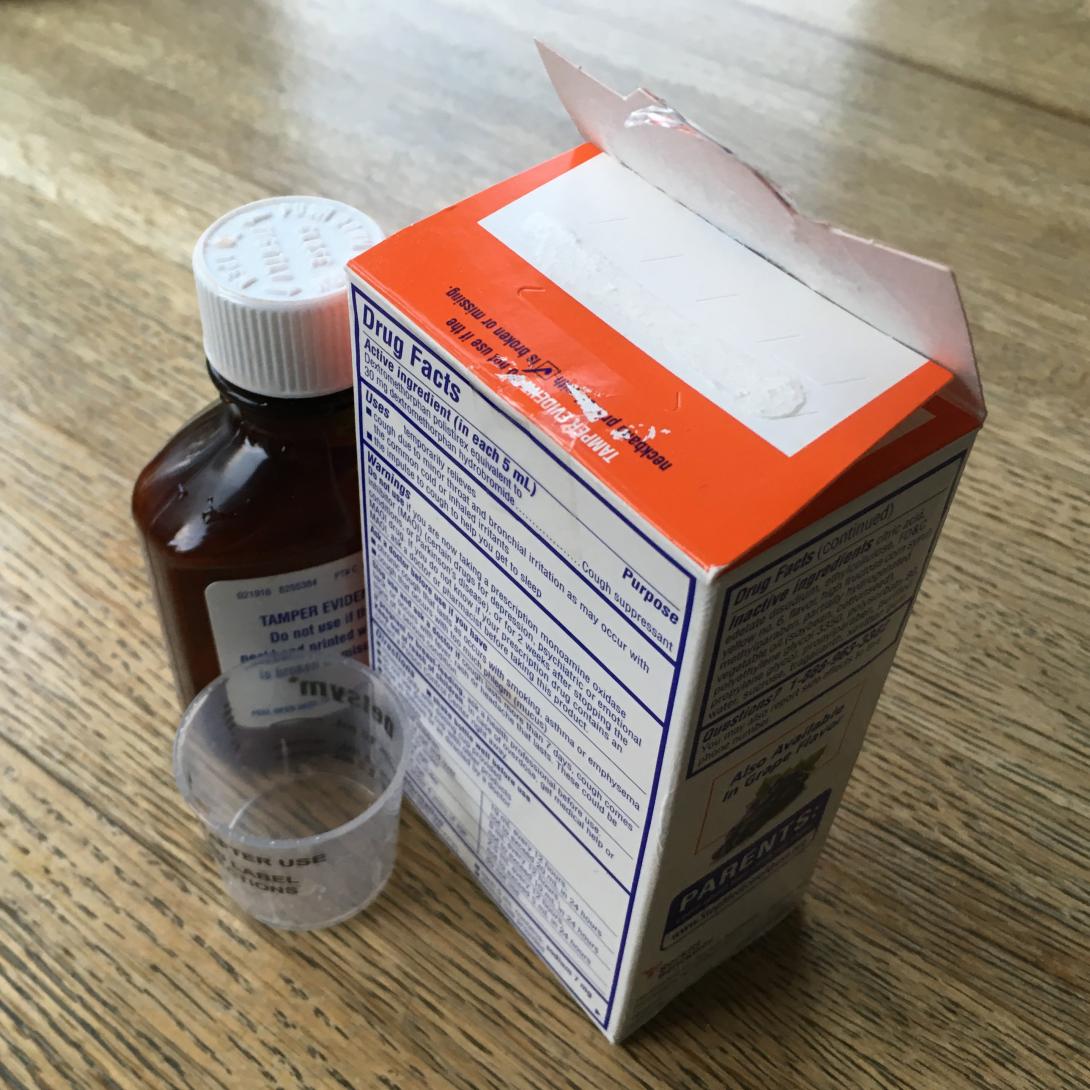If you have visited I'm Sick. What Should I Do? Suggestions for Colds and Flu and determined that self-care is appropriate, you can use this page to choose the right medication(s). And if you have questions, UHS can provide answers.
How to take care of the common cold:
Overall tips:
- It's usually best to take a single medicine targeted for a particular symptom rather than an all-in-one preparation.
- Generic versions are as effective and usually less expensive than brand-name versions.
- Use caution when combining medications. If you're taking more than one medication, dosages can add up (for example, acetaminophen, which can cause liver damage at higher doses), so consult a pharmacist or health care provider. (Remember, UHS can provide answers.)
- Be sure to read warning labels, follow instructions and use medications only when necessary.
Prescription medication:
- Antiviral medication (e.g. Tamiflu) by prescription may decrease severity and duration of flu symptoms if taken within 48 hours of symptoms onset. To consider antiviral treatment, call for Nurse Advice by Phone as soon as possible after symptoms begin.
- Antibiotics are not effective against colds or flu.
Non-prescription medication (over-the-counter):
For all medications, follow the package instructions.
Analgesics reduce body aches, headaches and fever:
- Acetaminophen (e.g. Tylenol, Panadol) is a painkiller and fever reducer. Doesn't irritate the stomach. Safe for people who are allergic to aspirin, but watch the total amount you take because:
- Acetaminophen can damage the liver, so take only what you need, and do not exceed 3,000 mg a day whenever possible, especially if you use acetaminophen often,
- Healthy adults should not exceed 4,000 milligrams (mg) from all sources.
- Ibuprofen (e.g. Advil, Nuprin) is a painkiller, fever reducer and anti-inflammatory. May irritate stomach, so take with food.
- Naproxen sodium (e.g. Aleve) is a painkiller, fever reducer and anti-inflammatory. Pain relief lasts 8-12 hours, about twice as long as other painkillers. May irritate stomach, so take with food.
- Aspirin is a painkiller, fever reducer and anti-inflammatory with relatively few side effects. May irritate stomach, so take with food. Not recommended if under age 19 due to association with Reye's syndrome.
Antihistamines (e.g Allegra-D, Benadryl, Claritin, Xyzal and Zyrtec) dry mucous membranes and make breathing easier. May cause dryness of the nose and mouth. Some antihistamines may cause drowsiness, and should not be used while driving or operating machinery.
Decongestants (e.g. Psuedoephendrine, Afrin Nasal Spray) make breathing through nasal passages easier , dries mucus, and helps reduce congestion in the ears. Decongestants:
- May act as a stimulant and increase heart rate in some people
- Most effective when taken orally but may also be taken as nose drops or sprays.
- Should be used with caution by people with high blood pressure.
- Afrin nasal drops/sprays are not advised for more than 3 days because they may actually increase congestion (called "rebound effect").
Cough expectorants (e.g. Robitussin) may loosen secretions and make coughs more productive.
Cough suppressants (e.g. Robitussin DM, Delsym 12-hour) reduce sensitivity to the cough reflex so you cough less. Good for coughs that prevent sleeping.
Lozenges and throat sprays (e.g. Chloraseptic, Cepastat, Halls) temporarily relieve the pain of a sore throat. Dissolve lozenges slowly in the mouth. Continuous use may cause nausea.
Alternative treatments:
Chicken soup, echinacea, zinc lozenges and vitamin C may reduce the duration and severity of cold symptoms, but their effects are not proven and they are not regulated by the US Food and Drug Administration, so purity and dosage of products is not ensured.
For more information:
- The UHS Pharmacy can help. You can get answers
by phone, conveniently refill prescriptions, get non-prescription products at competitive prices, and pick-up discount coupons at the pharmacy counter.
- Nurse Advice by Phone is available day and night, which may save a trip to UHS, the ER or an urgent care facility.
- How to Get Health Care at UHS - Appointments are required for clinic visits, and telehealth options are available
- Protect others by practicing good prevention measures -- see Take Care of Yourself and Fellow Wolverines!
- Tips for Academic Success if You Are Sick or Injured

